Tribunal decides to not proceed to look at the alleged misconducts of Election Commission(EC) members - Why? Because the 6 commissioners have already resigned...no more EC Commissioners now...
The tribunal looking into the alleged misconduct of six former members of the Election Commission (EC) in the 14th general election ended its proceedings abruptly, declaring it "an exercise in futility."In a three-two decision, the panel members held that the tribunal will not go ahead with its hearing today as the matter has been rendered academic.Tribunal chairperson retired Federal Court judge Steve Shim Lip Kiong said a final analysis of matters raised before the panel showed no good reason on grounds of public or national interest to proceed with the hearing to seek the removal of the six commissioners who had resigned from their positions.
So, does that mean that even if they did WRONG - since they resigned before being terminated/removed - they can still continue receiving all their benefits
The tribunal tasked with investigating the conduct of six former Election Commission (EC) members can recommend that their post-retirement gratuity be revoked if wrongdoings are established, said attorney-general Tommy Thomas.- Malaysiakini, 28/2/2019
Conclusions about EC 6
- those 6 EC members did no wrong? - Nothing wrong if EC members today and in the future do the same...?
- Records(historical records) will show they resigned - not 'removed' for misconduct or doing wrong as EC members....(May be seen as their resignation was caused because of a new government coming into power - ...
- They will still get 'post-retirement gratuity' and other benefits due...
SHOULD NOW THE PAKATAN HARAPAN GOVERNMENT APOLOGIZE TO THESE 6 PERSONS - Othman Mahmood, Mohd Yusop Mansor, Abdul Aziz Khalidin, Sulaiman Narawi, K Bala Singam, and Leo Chong Cheong? Should the 6 also be compensated?
What was the TRIBUNAL supposed to look at?
This was the very REDELINATION REPORT that was passed by Parliment, and was put into force on March 2018 - resulting in changes in electoral boundaries -The panel was initially set up to hear 13 charges of alleged misconduct against the six former EC officers over their role in preparing a controversial redelineation report and the manner in which GE14 was conducted.
SO, if the Tribunal proceeded and found that the 6(or less) EC Commissioners failed to prepare that REPORT according to law - then that very report may be INVALID - hence, maybe then the whole changing of electoral boundaries were INVALID - Hence, the elections in those affected Constituencies may be also INVALID - so, there may be a need for a RE-ELECTIONS in all Constituencies affected by the controversial redelineation report - it was really not a simple 'Domestic Inquiry" -
Many have made a lot of allegations against EC members - are they all simply 'baseless' allegations or are in fact true? - That would have been what the Tribunal looking into and determining ...was the 'report' concerning delineation VALID if it was tainted by wrongs brought about by EC Commissioners? ...And if the REDELINATION REPORT was tainted and invalid - would that make the redelination exercise invalid - hence maybe some of the constituencies affected may really have a re-election based on the previous boundaries ? - SO, it is very serious - and could lead to new Elections in certain Constituencies.
The tribunal would have also provided us with a guideline of how to determine whether an EC Commissioner/Officer abuses his/her power...as the consider allegations against the 6 EC Commissioners..
It will show us also how EC abused powers during the last General Elections...
All this would have helped us REFORM ...IMPROVE...plug holes...and most importantly send a clear message to not just EC members, but also others who are appointed by the King, that simply 'resigning' will not mean the end of it...and all past wrongdoings when in office can be covered up...and you will still be paid pensions/gratuities/etc..
Will the former Attorney General also be subjected to investigations? Will the former Chief Justices, judges also be subjected to investigations?
OR will mere 'resignation' save them from such investigations and even other actions to ensure justice...
Remember, in this case, the TRIBUNAL was formed on 17 Oct 2018. The day after 5 of the Commissioners tendered their resignation. The remaining one did so a month later ...BUT their resignation was to take effect on 1/1/2019 > so they continued receiving the salary/allowances/benefits...until the end of the year...
Putrajaya had announced the setting up of the tribunal on October 17 last year to seek the removal of six former Election Commission (EC) members.Five of the EC commissioners — Tan Sri Othman Mahmood, Datuk Md Yusop Mansor, Datuk Abdul Aziz Khalidin, Datuk Sulaiman Narawi and Datuk Leo Chong Cheong — then resigned the following day.The last remaining commissioner, Datuk K. Bala Singam, resigned on November 27.All their resignations took effect on January 1 this year.
When the Tribunal decided as it is ....what will happen now? Will the AG and the PH government do anything further ...was this all a 'sandiwara' or a 'show" - noting that risk is that the Truth may lead to a re-elections in all Constituencies affected, and if this happens PH may not have the same support they had in May 2018...
I ask myself why the panel members accepted their appointment to this Panel ...and did not elect to resign earlier...? They knew what the panel was all about - they would also have known long time ago that all 6 EC Commissioners had resigned(or maybe the panel members did not know)...
So now, maybe we need a NEW Tribunal or maybe a 'Royal Commission of Inquiry" with new mandate...(or same)..
- If the actions/omissions of the said EC Commissioners made the REDELINATION REPORT invalid(void ab initio) - then the fact that may mean RE-ELECTIONS in all affected Constituencies must not deter us...
- POSITIVELY, if that Re-delination Report was invalid, so too will be the entire exercise, and we do not have to wait for 8 YEARS to undo the 'gerry mandering' and injustices caused by past ECs...it could be done NOW
The next redelineation of the electoral boundaries in the peninsula is only due in 2026, says Deputy Minister in the Prime Minister’s Department Hanipa Maidin.
He said if the exercise was necessary for the next general election, amendments have to be made to the Federal Constitution and have to be passed with a two-thirds majority in Dewan Rakyat.
He said Article 113 of the Federal Constitution stated that the Election Commission (EC) could only conduct a redelineation exercise after eight years from the date of the last exercise or if there was a change in the number of parliamentary seats under Article 46.
The current electoral boundaries were approved in Parliament in March, two months before the GE14.
In the delineation exercise, 98 parliamentary seats out of 165 involved were affected while 28 state seats had their names changed. - Star, 22/11/2018
3-2 decision: Tribunal ends hearing on ex-EC members, calls it futile exercise
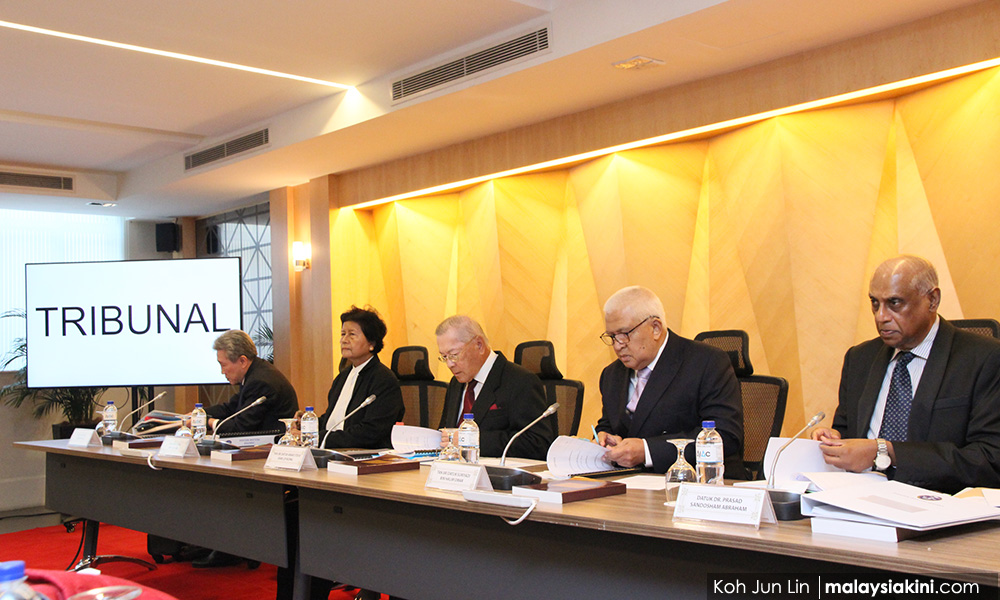
The tribunal
looking into the alleged misconduct of six former members of the
Election Commission (EC) in the 14th general election ended its
proceedings abruptly, declaring it "an exercise in futility."
In a
three-two decision, the panel members held that the tribunal will not
go ahead with its hearing today as the matter has been rendered
academic.
Tribunal chairperson retired Federal Court judge Steve
Shim Lip Kiong said a final analysis of matters raised before the panel
showed no good reason on grounds of public or national interest to
proceed with the hearing to seek the removal of the six commissioners
who had resigned from their positions.
"In the final analysis, the
fundamental question is this: is it in the public and national interest
to spend so much time, energy and expense merely to seek the removal of
the six officers when they have already removed themselves, whether
voluntary or otherwise, from the EC?
"The answer in my view is obvious... it is an exercise in futility," he added.
The
panel was initially set up to hear 13 charges of alleged misconduct
against the six former EC officers over their role in preparing a
controversial redelineation report and the manner in which GE14 was
conducted.
The six former EC officers are Othman Mahmood, Mohd
Yusop Mansor, Abdul Aziz Khalidin, Sulaiman Narawi, K Bala Singam, and
Leo Chong Cheong.
Tribunal members Zaleha Zahari and Suriyadi Halim Omar concurred with Shim's views to make up the majority recommendation.
Two
other panel members who dissented, Jeffrey Tan Kok Wha and Prasad
Sandosham Abraham, recommended that the panel proceeds with its set
mandates.
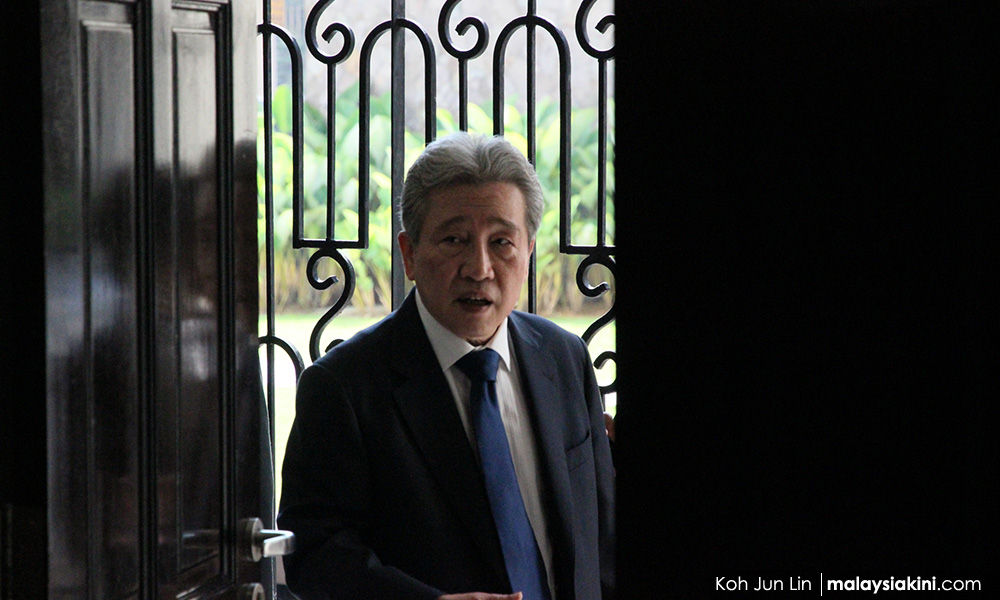
Tan (photo)
said despite the EC members no longer holding office when the tribunal
commenced its hearing, the tribunal should still have discretion to
proceed on grounds that the case is a matter of national interest.
He
also noted that a recommendation by the panel for the EC members to be
removed, if accepted, would change their resignation status from
voluntary to involuntary and would thus affect their eligibility to draw
pensions and other benefits.
Similarly, Abraham argued that the matter is not academic on grounds of possible impact on the six former EC members.
"A
removal will lead to a loss of their benefits and the respondents will
no longer be known as EC commissioners who took early retirement.
"There lies the issue which is still alive," said Abraham.
On Oct 17 last year, the government had reportedly begun the process of setting up the tribunal.
A day later, five members of the EC announced their resignation from office.
The one remaining member, Bala Singam, tendered his resignation on Nov 27, last year.
Lawyers
for the six respondents previously said the hearing should not proceed
as the king had approved their applications to shorten their terms.
However, Thomas had said their resignations were done to impede the tribunal's investigations. - Malaysiakini, 24/5/2019
Premature end to EC tribunal doesn’t serve public interests, says Fahmi

“While the public at large may accept that the Election Commission (EC) commissioners in question have since quit their posts, it does not satisfy our need for answers on how the redelineation process was allowed to take place in the manner we witnessed.
“The public needs to know how is it that the kind of gerrymandering – ultimately aimed to keep Barisan Nasional in power – can be stopped from recurring in the future,” the Lembah Pantai MP told The Malaysian Insight today.
“More importantly, the public needs to know what are the steps that the current EC will take to correct the imbalances caused by that redelineation exercise in order to realise the principle of ‘one person, one vote’,” said the PKR communications director.
The tribunal investigating allegations of misconduct during the 14th general election by six former EC commissioners decided not to continue today because the matter had become purely academic.
Tribunal chairman and retired Federal Court judge Steve Shim said the six people in question had already stepped down and that public interest would not be served to spend more resources on the matter.
Meanwhile, Bersih 2.0 resource person Wong Chin Huat said having the tribunal itself has sent a strong signal to all public servants that they will be held accountable for their actions.
“While the Attorney-General’s Chambers has managed to convince only two out of five tribunal panel members, and not a majority to pursue the proper tribunal, it has nevertheless sent a strong signal to all public servants that they may be accountable some day for actively betraying their mandates or passively abdicating their duties.
“The days of impunity for high-level misconduct is over and future public servants may not be so lucky,” said Wong.
He said the previous commissioners, including the former chairman, had escaped this process by resigning.
“Even if they had made contributions earlier in their services as civil servants, their last stint at the EC would be the one that defines their career records.
“As such, I applaud the attorney-general, Tommy Thomas and all parties for their efforts in various ways to hold the other six accountable.” – May 24, 2019. Malaysian Insight
AG: EC tribunal fair, officers in service when alleged misconduct took place

KUALA LUMPUR, Jan 30 — Attorney General (AG) Tommy Thomas today
defended the tribunal investigating six Election Commission (EC)
commissioners for alleged misconduct before and on polling day during
the 14th general election, as the officers were in service during the
period that is being probed.
He said the six commissioners, albeit having already resigned from
their positions, were still subject to the outcome of the tribunal
proceedings.
“The relevant period of time that the Tribunal is tasked to investigate is before and on polling day (May 9 last year).
“The members were then in office, and it is their conduct then that is being investigated,” he said.
Thomas clarified the first mandate of the tribunal was to investigate
and establish actions on the part of the EC members to determine
whether they amounted to misconduct.
The tribunal would then, if satisfied, make recommendations to the
Yang Di-Pertuan Agong on the appropriate action to be taken against
those found guilty, which includes their removal from office.
“By virtue of these mandates, the tribunal must first carry out an
investigation into their conduct as stated in the 13 charges against
them to determine the facts as to the issue of misconduct.
“These are very serious charges which, if established, will
demonstrate personal culpability on the part of the EC members for the
way in which GE14 was organised,” Thomas said in his statement.
Putrajaya had announced the setting up of the tribunal on October 17
last year to seek the removal of six former Election Commission (EC)
members.
Five of the EC commissioners — Tan Sri Othman Mahmood, Datuk Md Yusop
Mansor, Datuk Abdul Aziz Khalidin, Datuk Sulaiman Narawi and Datuk Leo
Chong Cheong — then resigned the following day.
The last remaining commissioner, Datuk K. Bala Singam, resigned on November 27.
All their resignations took effect on January 1 this year.
Thomas also suggested the resignations of the officers was a clear
deliberate move to frustrate investigations, and to “avoid the ignominy”
of being removed from their positions and its following consequences.
“The resignations were tendered immediately after it was reported
that the government had begun the process of establishing such a
tribunal, and yet, were ‘post-dated’ unilaterally by the EC members to
take effect on January 1, 2019,” he said.
Thomas then added a dose of reality for those implicated, saying the
outcome of the tribunal could potentially have a direct financial effect
on the officers if found guilty.
“The outcome of the tribunal proceedings can potentially have direct
financial implications to the EC members’ entitlements to pension and
other benefits, which will accrue to them on resignation, but may not be
payable if they are removed.
“Ultimately, the tribunal is free to decide on the preliminary issue
as it wishes, and to make recommendations to His Majesty,” he added in
reference to the Agong.

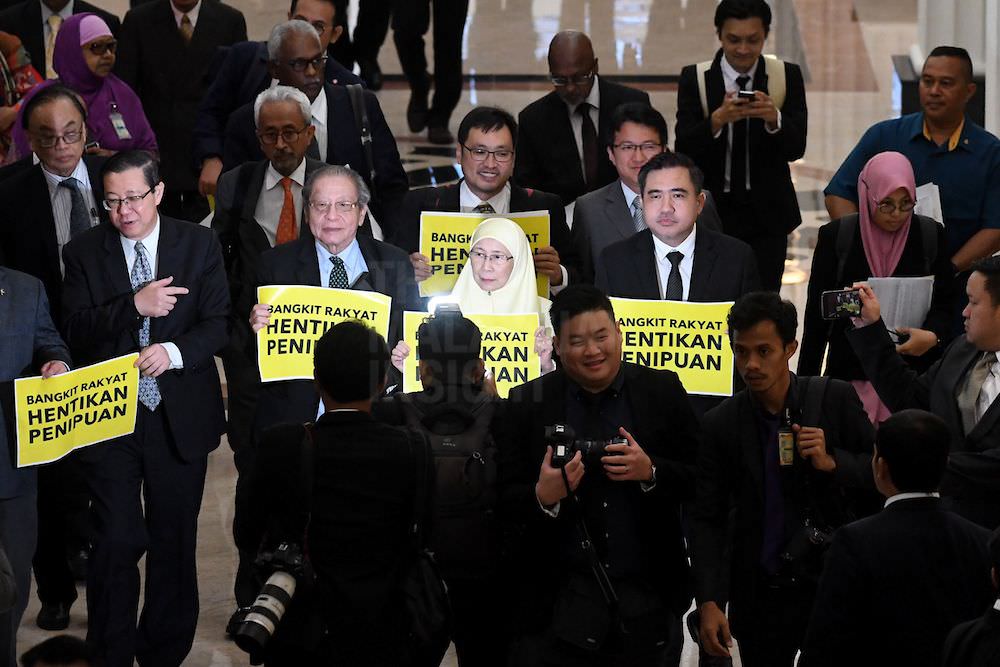
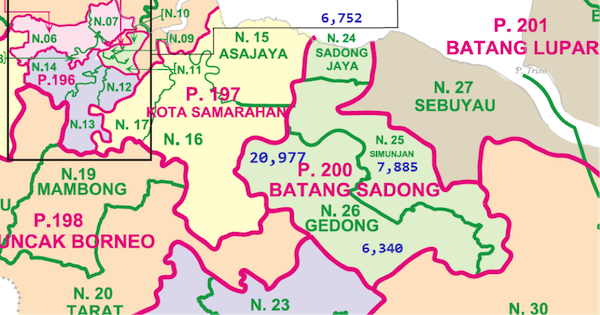
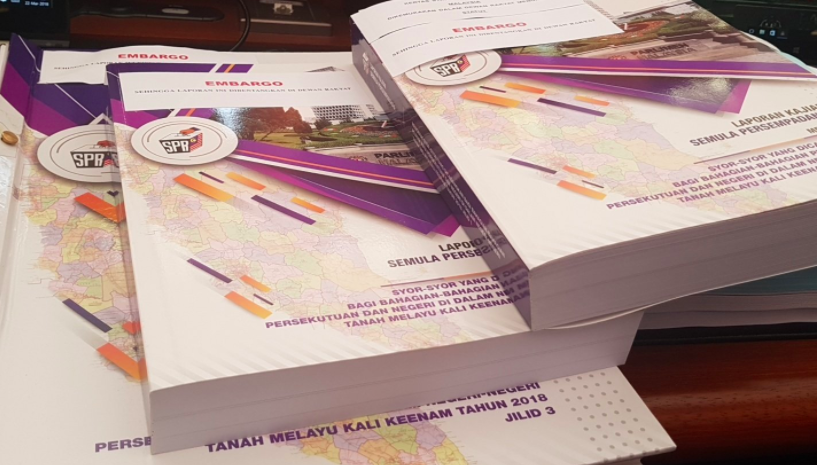
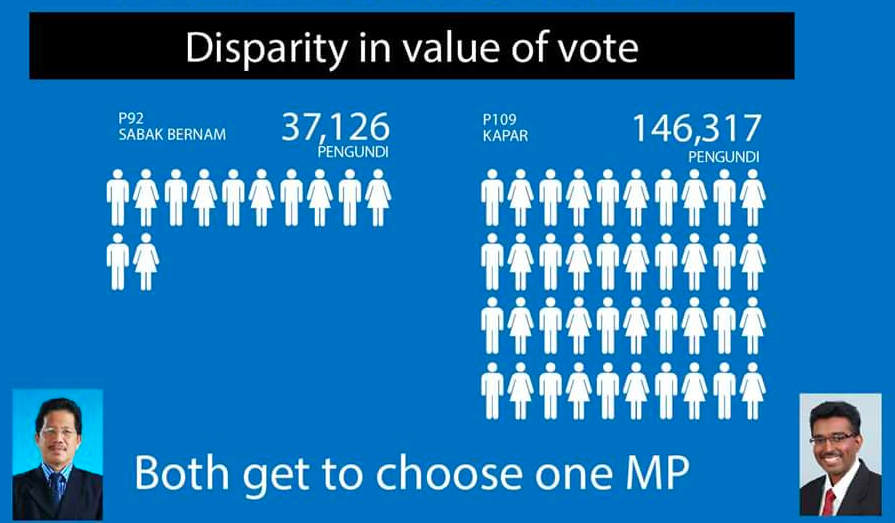
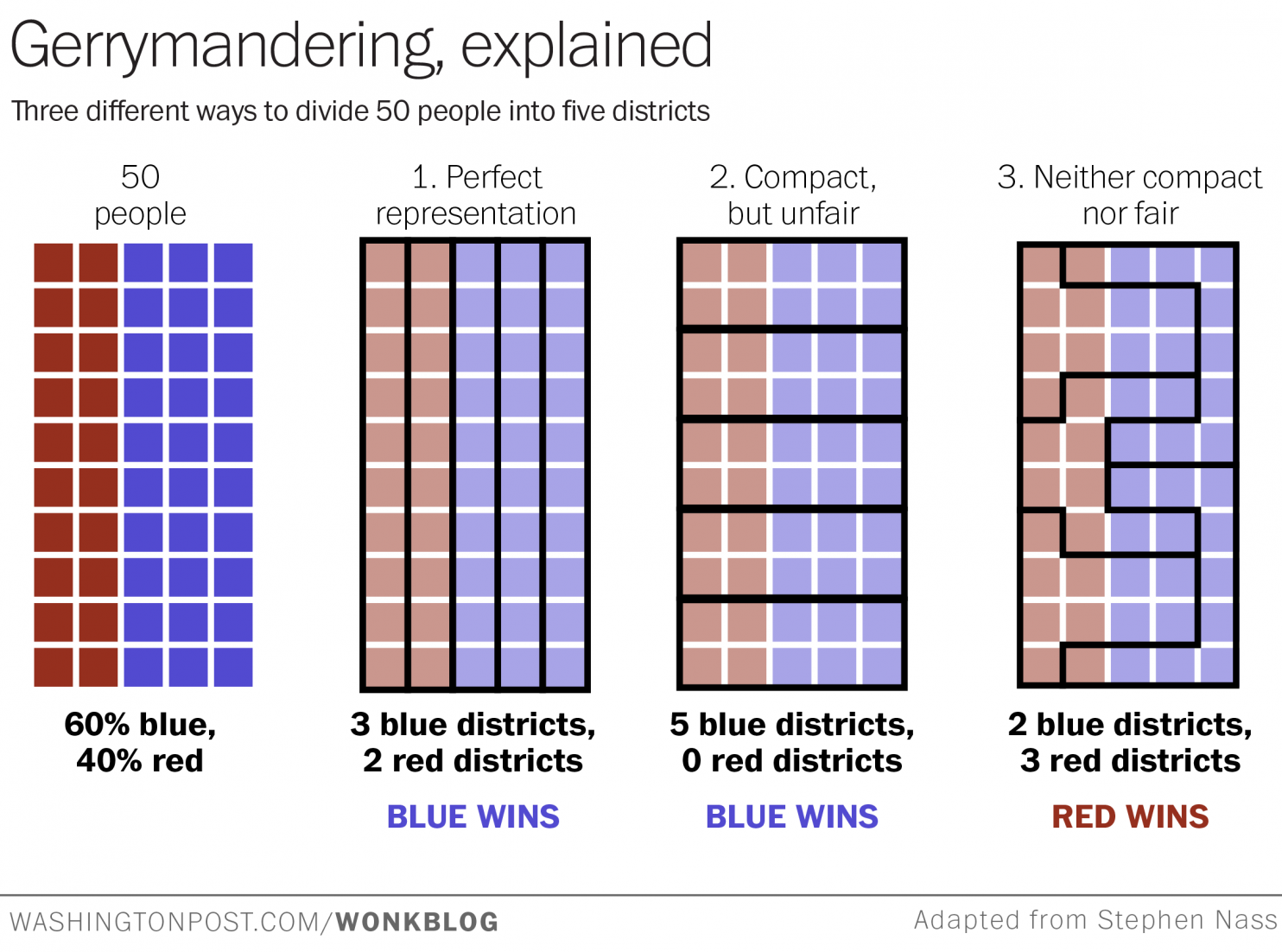
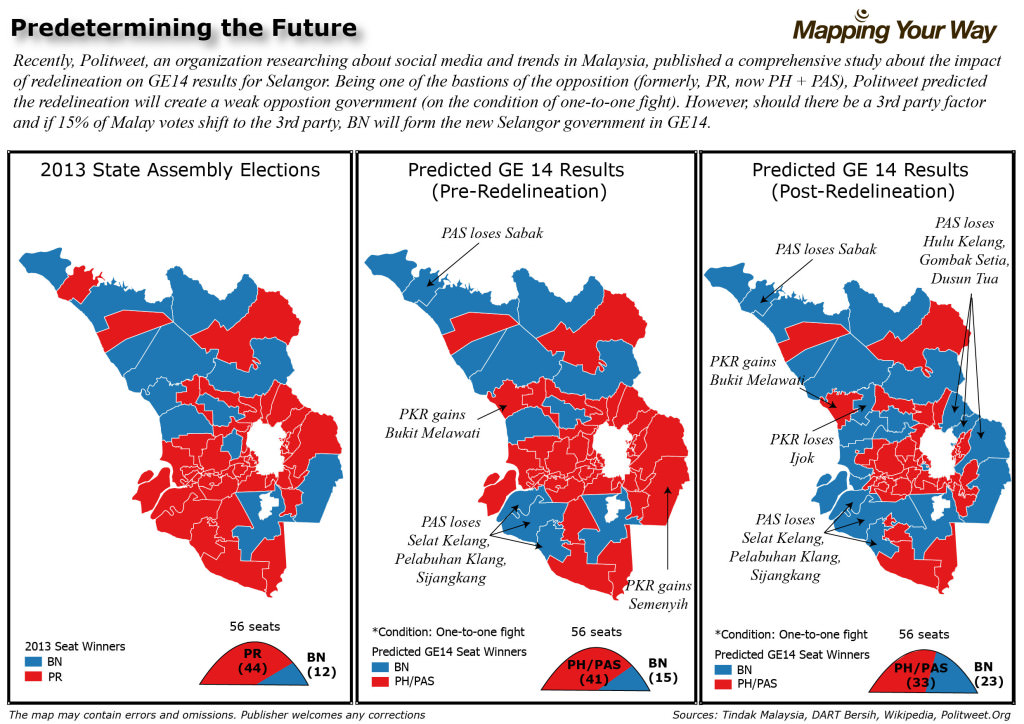
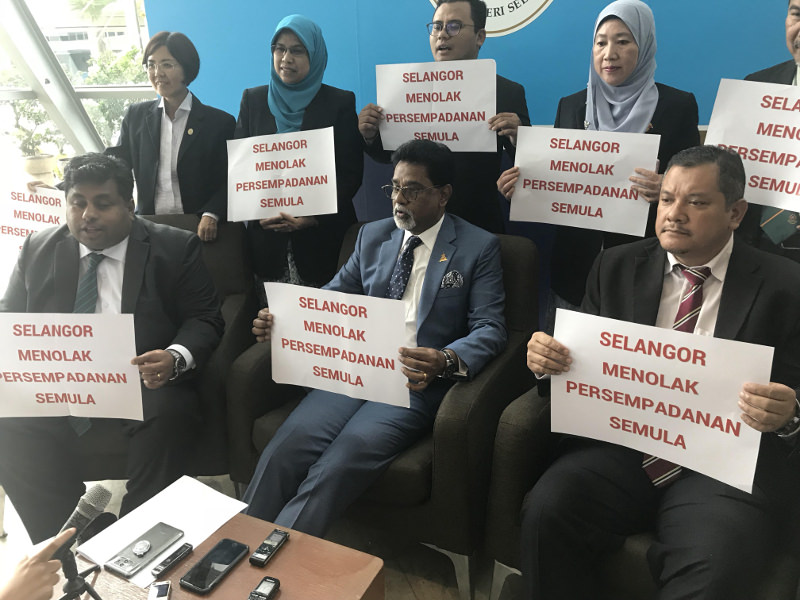





No comments:
Post a Comment